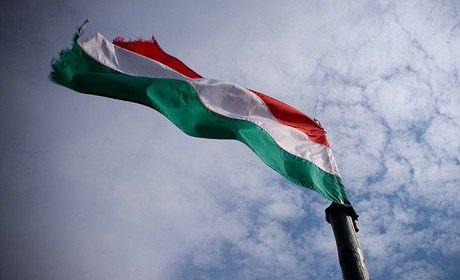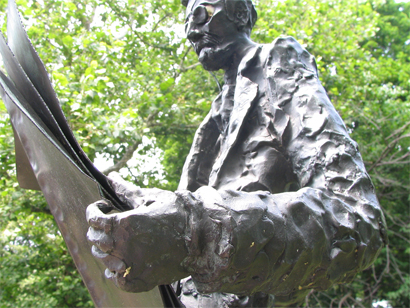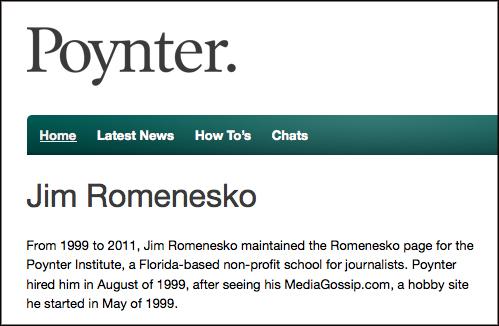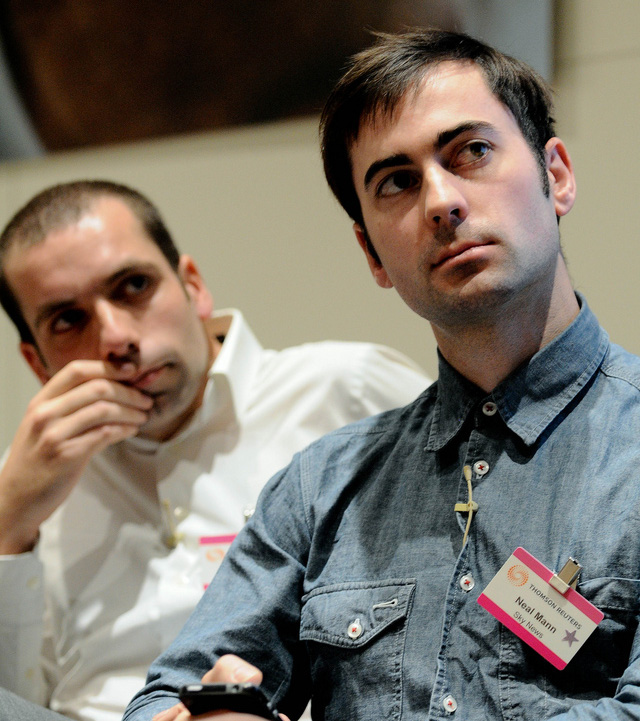The Pulitzer Prize board has announced some changes to the awards, taking its submissions process online and revising the breaking news category to reflect real-time reporting.
The changes to the breaking news category suggest that coverage on social networks and liveblogs may be considered for the prestigious prize from 2012.
According to a release from the prize board, the revised definition for the category reads:
For a distinguished example of local reporting of breaking news that, as quickly as possible, captures events accurately as they occur, and, as times passes, illuminates, provides context and expands upon the initial coverage.
This replaces the previous definition:
For a distinguished example of local reporting of breaking news, with special emphasis on the speed and accuracy of the initial coverage, using any available journalistic tool, including text reporting, videos, databases, multimedia or interactive presentations or any combination of those formats, in print or online or both
The board added that it would be “disappointing if an event occurred at 8am and the first item in an entry was drawn from the next day’s newspaper”.
Last year’s Pulitzers saw no award given in the breaking news category for the first time.
There were three nominations – the Chicago Tribune for coverage of the deaths of two firefighters, the Miami Herald and El Nuevo Herald for their coverage of the earthquake in Haiti, and the Tennessean, Nashville, for coverage of flood in the state – but no winner. Winners are required to gain a majority vote on the 16-strong board.
The other major change is that applicants will also now be able to make their full submission online.
“The new entry system ends the submission of entries on paper, typically in the form of a scrapbook, a practice dating to the start of the prizes 95 years ago. All entry material, ranging from stories to photographs, graphics and video, must now be submitted in a digital form through a special Pulitzer entry site,” the release from the Prize said.
Last December Pulitzer Prize rules changed to include multimedia journalism, allowing entries to be submitted as text reporting, videos, databases, multimedia, interactive presentations or any combination of those formats.
See the full release on the Pulitzer Prize site.
Coverage elsewhere
Poynter: Pulitzer Prizes change breaking news category to emphasize ‘real-time’ reporting
Nieman Journalism Lab: Could Pulitzer changes mean an award for live tweeting?
Associated Press: Pulitzer journalism entries to be submitted online





